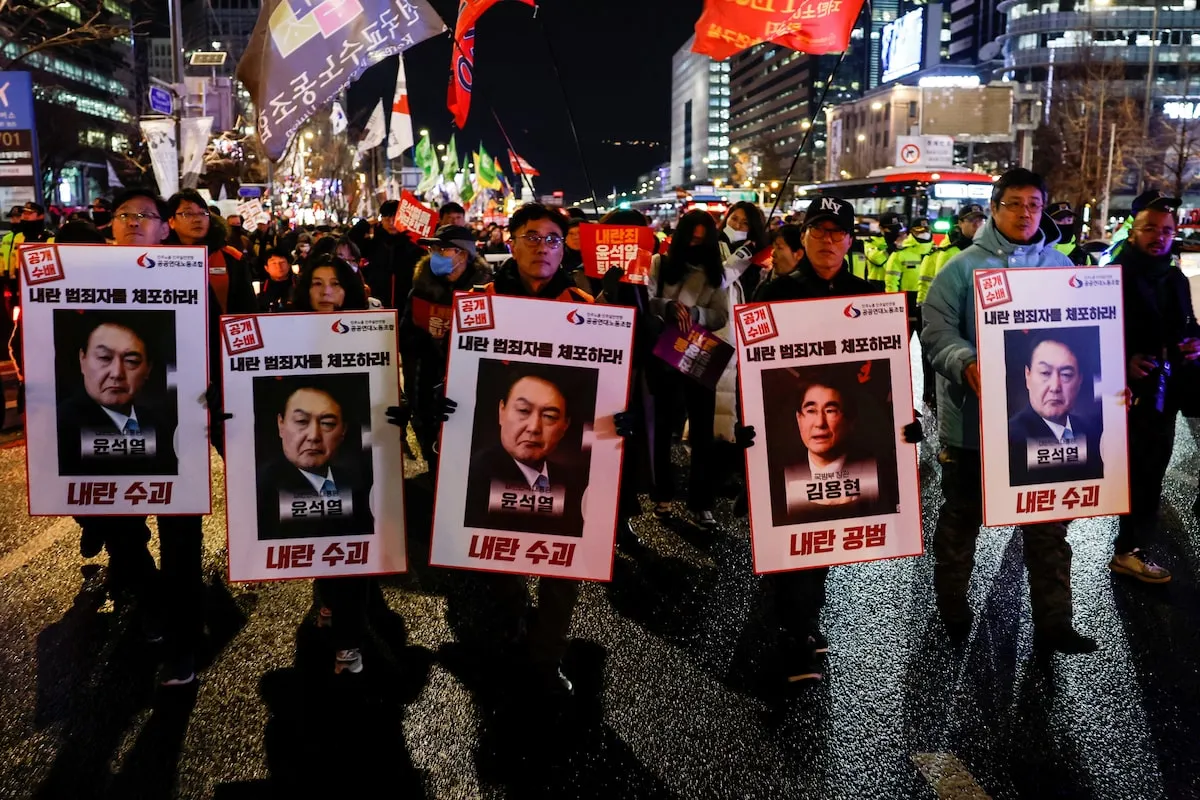Why the 4B Movement is Taking the U.S. by Storm: South Korea’s Bold New Trend
In the wake of the 2024 presidential election, a powerful feminist movement from South Korea is capturing the attention of American women, sparking a nationwide conversation about gender equality, personal autonomy, and societal expectations. The 4B movement, a radical approach to challenging patriarchal norms, has emerged as a significant cultural phenomenon that transcends international boundaries.
The Essence of 4B
The 4B movement, which stands for “No Dating, No Sex, No Marriage, No Childbirth,” represents a bold statement of feminist resistance. Originating in South Korea around 2017, this movement has become a powerful tool for women to reclaim their personal and professional agency. Key principles of the movement include:
- Rejecting traditional relationship expectations
- Prioritizing personal growth and career
- Challenging systemic gender inequalities
- Promoting women’s complete autonomy
A Response to Political Tensions
The movement’s surge in popularity in the United States is closely tied to the recent political climate. Following Donald Trump’s controversial re-election, many American women have found resonance with the 4B movement’s core philosophy. Social media platforms like TikTok and X have become crucial spaces for sharing experiences and building solidarity.
Global Feminist Connections
Interestingly, the 4B movement draws parallels with historical feminist protests, reminiscent of the ancient Greek play “Lysistrata,” where women used sexual abstinence as a form of political protest. This global feminist dialogue highlights the interconnectedness of women’s rights movements across different cultures.
Challenging Societal Norms
The movement’s appeal lies in its comprehensive critique of societal expectations. In South Korea, where women earn approximately 31.2% less than men and face significant workplace discrimination, the 4B movement represents a radical form of resistance. Participants argue that:
- Traditional relationship structures are inherently unequal
- Women should not be defined by their marital or maternal status
- Personal autonomy trumps societal expectations
Digital Solidarity
One of the most intriguing aspects of the 4B movement is its anonymous nature. Participants often share experiences online without revealing personal details, creating a unique digital feminist community that provides support and empowerment.
Controversy and Backlash
The movement is not without its critics. South Korean President Yoon Suk-yeol has publicly stated that feminist movements like 4B hinder relationships between men and women. However, advocates argue that the movement is less about rejecting relationships and more about demanding respect and equality.
Broader Implications
The growing interest in the 4B movement suggests a potential reevaluation of traditional gender roles. With South Korea experiencing one of the world’s lowest birth rates (0.72 children per woman in 2023), the movement reflects broader societal shifts in how women perceive relationships and personal fulfillment.
A Global Feminist Moment
As the 4B movement gains traction in the United States, it represents more than just a trend. It is a powerful statement about women’s autonomy, a critique of systemic inequalities, and a call for fundamental societal transformation.
“We are not against love,” says an anonymous 4B movement participant, “we are against a system that has consistently undervalued and marginalized women.”
The journey of the 4B movement demonstrates the power of cross-cultural feminist dialogue and the ongoing global struggle for gender equality.
Word count: 1,072






Leave a Comment